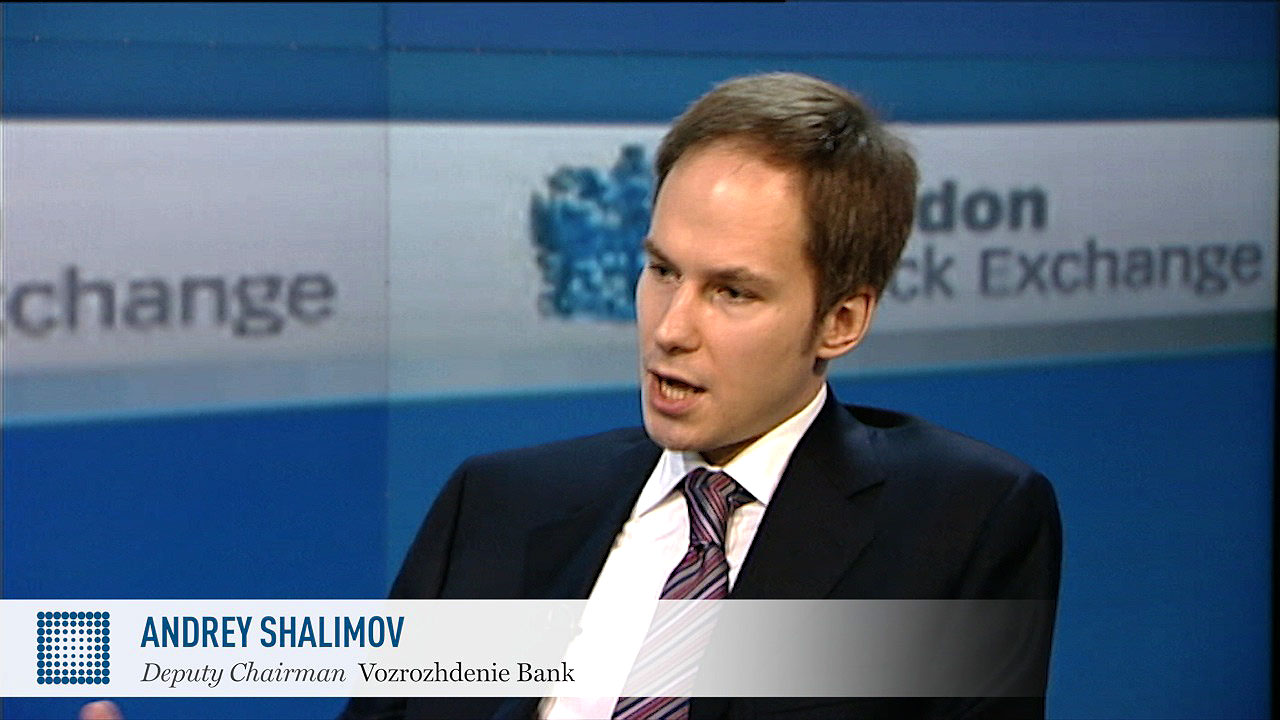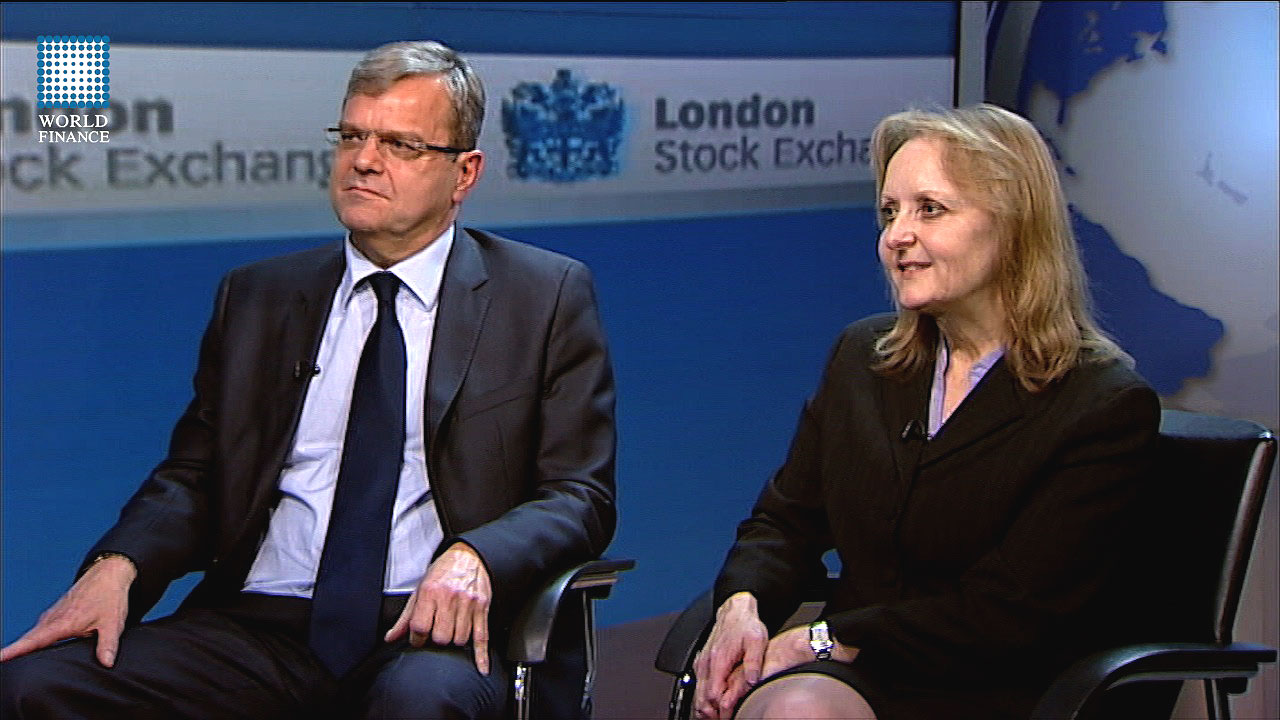Crimea crisis: why putting strict sanctions on Russia is not a viable option for the EU | Video
World Finance interviews Liam Halligan, economist and financial journalist, on Europe's role in the Crimea crisis and why the EU has been slow to impose strict sanctions
Related:
Transcript
After Russian troops moved into Crimea in February, the European and American governments warned that Russia could face tough international sanctions. While America has imposed several sanctions, the EU has been slow to follow. Economist and financial journalist Liam Halligan explains why Europe needs to tread carefully and work with Russia, not against it.
World Finance: Well Liam, trade sanctions against Russia by the west. In reality, who is going to be the loser if these happen?
Liam Halligan: Well we have already had some moderate sanctions. The EU, which does 12 times more trade with Russia than the US realises, and particularly Germany realises, that sanctions against Russia would be pretty counterproductive, not just because of the huge role that Russia plays as a supplier of hydrocarbons for western Europe, of course. The trade goes way beyond oil and gas these days.
The idea of putting sanctions on Russia was really pie-in-the-sky from the beginning
Russia’s pretty much the largest retail market in Europe now, you have all the major EU countries trading heavily with Russia, Russia’s a member of the WTO, Russia’s got a seat on the UN Security Council, it’s got the longest land border of any country in the world.
The idea of putting sanctions on Russia was really pie-in-the-sky from the beginning. What we should have been doing was mediating with Russia, trying to understand their point of view, treading a lot more cautiously, intervening in domestic Ukrainian politics, and I think now several months on from what hopefully was the peak of the tension between east and west, I think most western politicians are realising now that that’s the way forward.
World Finance: Well historically, are sanctions a good way to go? We obviously saw the result from the Suez crisis was successful, but in other places like Cuba for example, five years of sanctions have not managed to bring down Castro.
Liam Halligan: Sanctions can be “successful” in that you can exert pressure on a country. If it’s a small country, and you’re a big country, working together with other big countries. If Europe is split, or Europe and America are split between them then sanctions aren’t going to work. And also, Russia isn’t a small country, it’s the sixth biggest economy in the world, and of course Russia exports lots of things that we desperately need, we have no choice. We need their oil and we need their gas.
I think most western politicians are realising now that it’s pretty counterproductive to try and target Russia with sanctions, not least because many many other countries in the world, including the Chinese, including the Brazilians, including the Indians, most of Asia of course, they think really there are two sides to this story.
World Finance: How dependent is Russia on the international economy?
Liam Halligan: Well Russia is of course an open trading nation, it’s very very much part of the global economy now. In fact, even in Soviet days, Russia was a massive supplier of oil and gas to the rest of the world, including western Europe, and you know despite the propaganda it was an extremely reliable supplier.
The difference now is that the oil and gas imperative, the demand for oil and gas is so much tighter now than it used to be, we’re now consuming almost 90mn barrels a day of oil, whereas during the Soviet days we were consuming as a global economy more like 50 or 60mn barrels a day. And of course, now the Russians can trade with the Chinese, there’s an oil pipeline as we speak up and running between Russia and China, a gas pipeline is being built. So it’s not as if the Russian’s only need to trade westward these days, they can also trade eastward.
World Finance: Well a study by the World Bank has forecast that Russia’s economy may contract up to 1.8 percent in 2014, as the dispute of course Ukraine could lead to further worsening of the consumer and business climate. So in context, how bad would that be for the country?
A trained pet could forecast Russian economics better than the World Bank
Liam Halligan: A trained pet could forecast Russian economics better than the World Bank. Even if the Russian economy slows down this year, which it obviously will, Russia isn’t growing at five or six percent, because Russia’s already not just a middle income country, it’s now a high income country, on UN definitions. Even if it grows by one or two percent, the reality is, for Russian people, the economy is still working better than it has in centuries. Pretty consistently for the last 10 or 15 years, the policy has been one of pro-privatisation, low taxation, generally business friendly policies, and certainly outward looking, trade-based policies. That’s not going to change just because the economy might slow down for a few years.
World Finance: Well finally, who do you think will be the unforeseen winners of the Ukraine crisis?
Liam Halligan: Two big diplomatic trends which have emerged from this is that Germany has reemerged for the first time in our lifetime, the first time in several generations in fact, as a major diplomatic player. Of course, Germany has been a major commercial player and the world’s biggest exporter for many many years now, but it’s always been a bit reticent about flexing its muscles diplomatically for all kinds of historic reasons.
In this conflict, Germany behind the scenes has played an enormous role, and Germany has become much closer to Russia, Germany does have a very strong trading relationship with Russia, and vice versa, and the Germans, particularly Merkel who is Russian speaking, spent a lot of time in Russia, she understands how important Russia is to the small-medium size German companies that are the source of such wealth and innovation for the German economy, she’s promoted their interests, and reined in the EU’s response.
The other thing that western Europe has inadvertently managed to do is it’s managed to push Russia and China closer together. The Chinese have remained tight-lipped for the most during this crisis, but when they have spoken out it’s been almost unequivocally in support of Russia with the Chinese saying the west needs to get over the Cold War, needs to realise this is a trading relationship between mature countries. Strangely, even America’s may.
Because even though there isn’t that much trade between America and Russia, it’s just a twelfth of the EU’s trade, there is an awful lot of foreign direct investment from America into Russia, and I think one of the reasons why Obama has pulled his punches isn’t only because he’s temperamentally quite moderate, it’s also because he’s had in his ear the likes of Boeing, the likes of Proctor and Gamble, John Deere, Pepsi, Ford, GM, all of whom have massive on the ground, productive facilities invested in in Russia, they can’t up sticks and leave, not without writing off huge losses, and they don’t want to because they see this market as extremely important.
World Finance: Liam, thank you.

 Andrey Shalimov on community banking | Vozrozhdenie
Andrey Shalimov on community banking | Vozrozhdenie Thomas Maier, Sue Barrett on PPPs in Russia | EBRD | Video
Thomas Maier, Sue Barrett on PPPs in Russia | EBRD | Video
